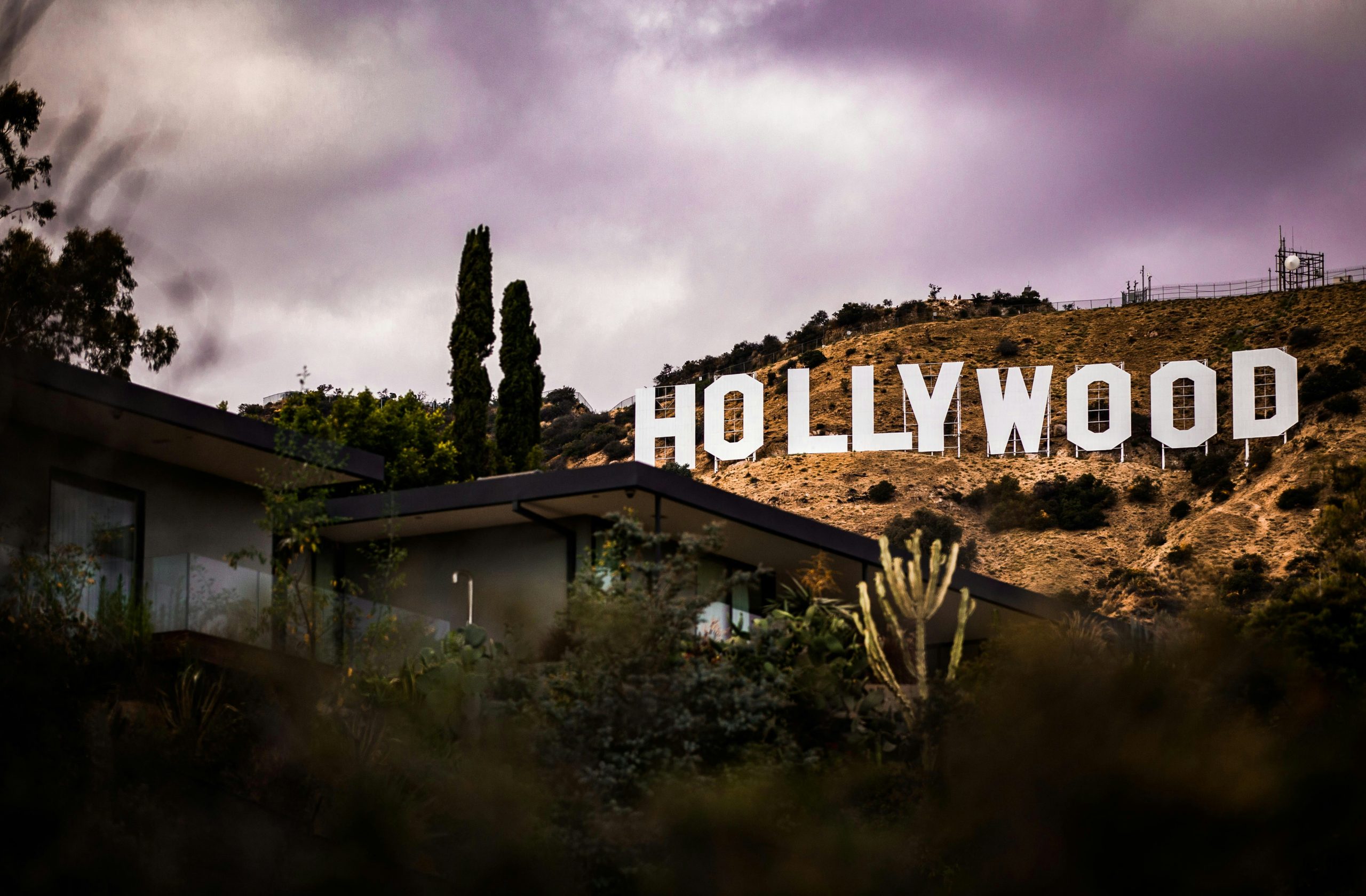
Los Angeles, the heart of the entertainment world, has long been at the forefront of technological innovation, from the birth of Hollywood to the rise of streaming platforms. In recent years, one of the most transformative technologies to emerge in the industry is Virtual Reality (VR). VR is not just reshaping how consumers experience content; it’s changing how content is created, marketed, and consumed in ways that were unimaginable a decade ago.
As an immersive technology that places users into completely virtual environments, VR has found a natural home in Los Angeles, where the entertainment and tech industries converge. Here’s a look at how VR is shaping the entertainment landscape in LA and what this means for the future of film, television, gaming, and beyond.
Revolutionizing Filmmaking
For decades, filmmakers in Los Angeles have pushed the boundaries of what is possible on screen, using cutting-edge special effects and digital technologies to craft visually stunning experiences. VR takes this innovation to the next level by offering audiences a completely immersive experience. Rather than simply watching a movie on a screen, VR allows viewers to step into the film’s world, experiencing it from the inside out.
This shift is fundamentally altering the way films are made and consumed.
Production companies like Fox Innovation Lab and The Walt Disney Studios are already experimenting with VR to create new narrative experiences. Directors can now craft stories that unfold 360 degrees around the viewer, offering a new level of interactivity and engagement. Rather than being passive observers, audiences can look around and interact with the environment, creating a more personalized and dynamic storytelling experience.
This new format is giving rise to a new genre of “VR films” and “experiences.” Projects like The Lion King VR and The Martian VR Experience have allowed audiences to enter the world of their favorite films, making the stories feel more immediate and personal. These VR experiences offer a glimpse into what the future of cinema could look like—an interactive, immersive medium that merges the lines between film, video games, and theater.
The Future of Live Entertainment
Los Angeles has long been a hub for live entertainment, from Broadway-caliber theater productions to massive concerts and sporting events. VR is also making its mark on this scene, transforming how people experience live performances and events.
Virtual concerts are one of the most exciting applications of VR in live entertainment. Musicians and artists are using VR to create fully immersive concert experiences, allowing fans to feel as though they are sitting in the front row of a concert from the comfort of their own homes. VR can also take this a step further, offering viewers a 360-degree perspective of a performance, letting them explore the venue or even “step on stage” with their favorite artists.
Additionally, VR is being used to enhance live sporting events. Fans can watch games from various perspectives, including courtside seats or from the player’s point of view. The combination of high-definition video, spatial audio, and interactive elements can make watching a game more engaging.
Virtual Reality in Video Games
Los Angeles is home to many of the world’s most successful video game studios, and VR is already a major player in the local gaming industry. Companies like Oculus (owned by Facebook) and Valve have established a foothold in the city, developing cutting-edge hardware and software that push the boundaries of what’s possible in gaming.
VR gaming offers players a new way to engage with their favorite titles. Unlike traditional video games, which rely on controllers and screens, VR immerses players directly in the game world. Players can physically interact with the virtual environment through headsets, motion sensors, and haptic feedback, adding a new layer of depth to gameplay.
For example, VR games like Beat Saber and Half-Life: Alyx are pushing the limits of what’s possible in interactive gaming. These titles allow players to move, swing, and interact with the game in ways that were once the stuff of science fiction. As the technology continues to evolve, we can expect more complex, narrative-driven experiences that blend the best aspects of traditional gaming with the immersive qualities of VR.
Impacting Marketing and Distribution
Virtual Reality is also changing how entertainment content is marketed and distributed. In a city like Los Angeles, where fierce competition and attention spans are short, VR offers a powerful tool for creating engaging promotional campaigns.
Rather than relying on traditional trailers or posters, entertainment companies now use VR to offer fans an immersive sneak peek into upcoming projects. For instance, studios may create VR trailers that place fans inside a forthcoming movie’s world, allowing them to explore key scenes before the film is released. This kind of interactive marketing is more engaging and memorable, ensuring that audiences feel a deeper connection to the content before it hits theaters or streaming platforms.
In addition, VR is opening up new possibilities for content distribution. While traditional media consumption is mainly limited to screens, VR can deliver content in new ways. Imagine watching a new TV series from within a virtual living room or experiencing a film from the perspective of a character. This level of personalization has the potential to disrupt how entertainment is consumed, making it more engaging and interactive.
The future of Los Angeles’ entertainment industry is undeniably tied to the growth of Virtual Reality. As VR evolves, its impact on filmmaking, live entertainment, gaming, and marketing will only expand, opening up new creative possibilities for storytellers and providing consumers with increasingly immersive and personalized experiences. Whether it’s stepping into the world of your favorite movie or watching a concert from a virtual front row, VR’s potential is only beginning to be realized. For Los Angeles, a city that thrives on innovation, VR represents the next frontier in the evolution of entertainment.